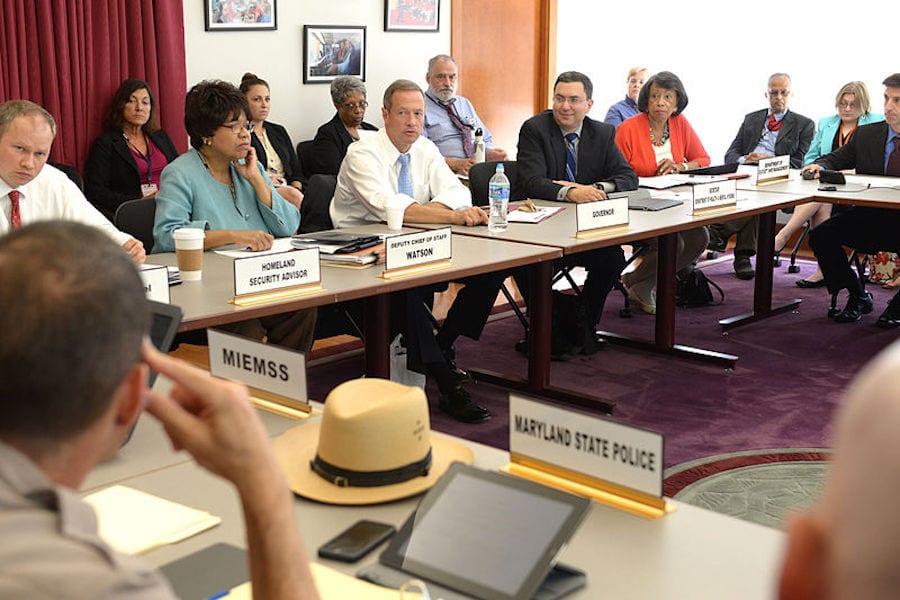Michael Balboni on ‘Below Deck’ Guests Facing Legal Allegations | NBC News
Dr. Francis Martinis, a urologist in Fort Salonga, New York, and his wife, Jessica, who both appeared in the Bravo […]

Every business has one. For a logistics company, it might be severe weather like a blizzard or hurricane. For others, it might be a cyber breach or sophisticated spear-phishing attack. These are worst-case scenarios for business continuity, and while “the big one” may never come, disruptions, on some level, are an inevitability.
Thankfully, many industries understand this. Top executives, who are focused on protecting their brand and viability, craft crisis management plans that delineate emergency procedures before bad things happen. The problem lies, however, in crafting a plan without practicing and testing it so that by the time the emergency hits few know how to use it. That’s where the tabletop exercise (TTX) comes in.
What is a TTX?
A TTX is a facilitated discussion, typically around a conference table – or with a remote video connection to other locations, of a fictional but plausible crisis scenario. Ideally, executives and staff reference the roles, responsibilities, and protocols they’ve developed in an emergency management plan to respond to the fictional emergency. TTX scenarios often test specific elements of a plan at once including chain of command clarity, decision-making, public relations, communications with employees and customers, and line of succession, among other topics.
Why a TTX?
The merits of the TTX are many. A properly executed TTX allows the staff of an organization or business to evaluate their preparedness program, identify planning and procedural deficiencies, test or validate recently changed procedures or plans, clarify roles and responsibilities, obtain participant feedback and recommendations, measure improvement compared to performance objectives, improve coordination between internal and external organizations and entities, validate training and education, increase awareness and understanding of hazards, and assess the capabilities of existing resources and identify needed resources.
RedLand Strategies has incorporated realistic TTXs in emergency management plan development processes for a number of clients. Based on client testimonials, we’re certain the TTX is perhaps the most integral component of emergency preparedness in the way it catalyzes the importance of proper planning among staff by forcing them to face realistic scenarios. TTXs also have the propensity to make the redundancies or weaknesses of a plan, e.g. questions like “Who will call whom if so and so is injured,” glaringly obvious.
Few prefer to dwell on their business’ worst case scenario because it’s often as scary as it is unlikely. Still, a well-written, well-practiced emergency management plan can quell those concerns for greater peace of mind.
To learn more about how your business can benefit from incorporating TTXs into its emergency preparedness rhythm, contact us here.